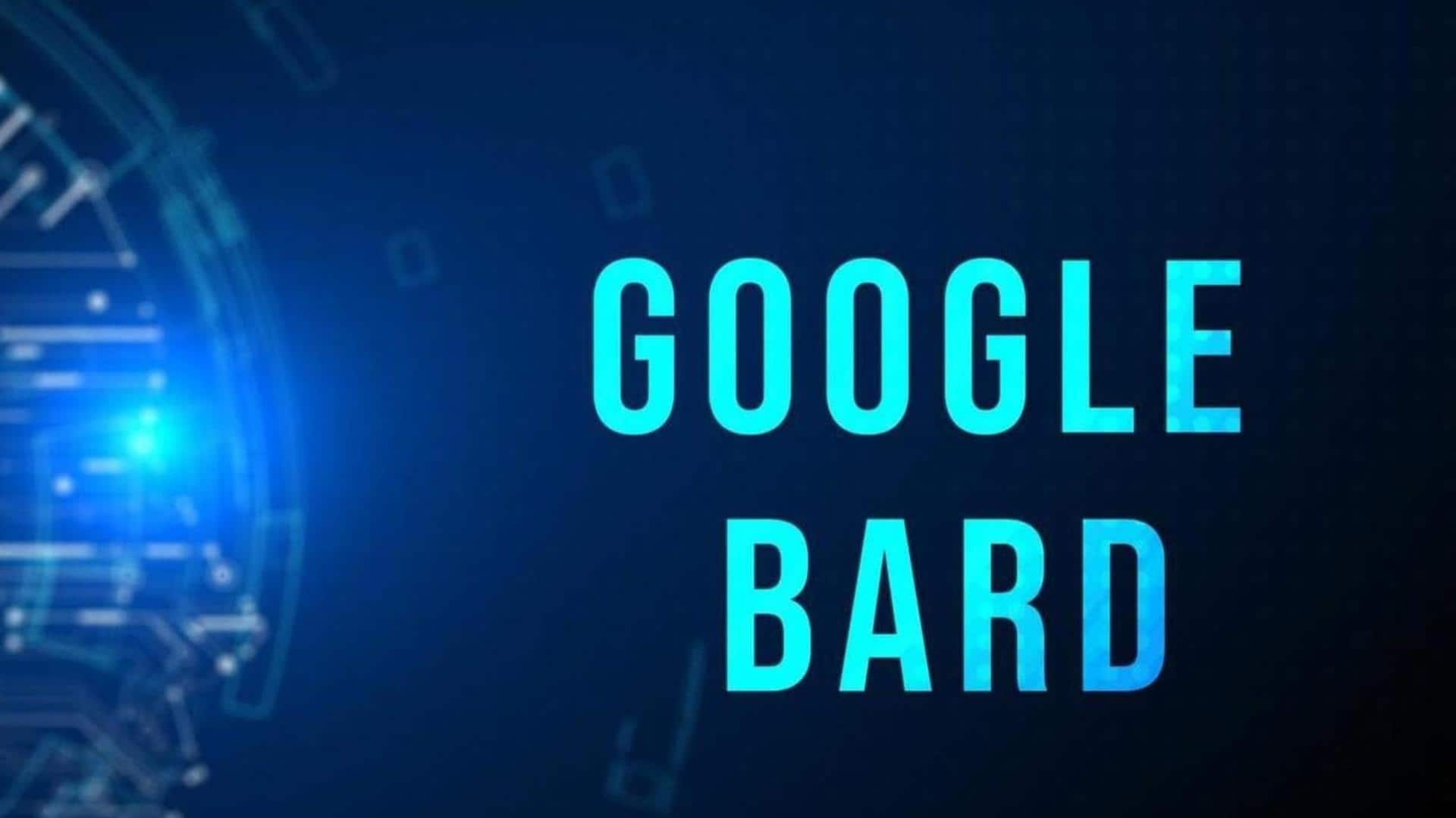
Google Bard plagiarism scandal: What you need to know
What's the story
Google Bard hasn't had the best of starts to its life as an AI chatbot. A factual error during its demo cost the company $100 billion in market capitalization. Now, it is being accused of something more serious - plagiarism. Bard's mischief does not end there, though. The chatbot even freely admitted to plagiarizing content.
Context
Why does this story matter?
Google introduced Bard as a rival to ChatGPT. One similarity between the two is neither cites any sources. Considering the amount of data these chatbots are trained on, the chances of wrong information creeping in are high. The lack of sources also brings the question of plagiarism into the picture, which is a blatant practice in generative AI.
Tom's Hardware
How did Bard's plagiarism come to the fore?
Bard's plagiarism became public knowledge courtesy of Avram Piltch, the editor-in-chief of Tom's Hardware. During a conversation with Bard to ascertain the chatbot's ability to answer specific questions, Piltch asked, "Which CPU is faster: the Intel Core i9-13900K or AMD Ryzen 9 7950X3D?" Google's chatbot's answer to this question stunned Piltch and shed light on the extent of Bard's plagiarism.
Bard's plagiarism
Bard copied an answer from Tom's Hardware article
Answering Piltch's question, Bard wrote, "The AMD Ryzen 9 7950X3D is faster than the Intel Core i9-13900K in gaming. In our testing, the 7950X3D was 12% faster than the 13900K at 1080p gaming at stock settings, and 9% faster when the chips were overclocked." You might be wondering what's wrong with that answer. Well, Bard's response was copied almost word-for-word from Tom's Hardware.
Admitted
The chatbot admitted it plagiarized Tom's Hardware's content
When Piltch asked Bard what it meant by "our testing," the chatbot said it was referring to tests conducted by Tom's Hardware. Following this, Pilch asked Bard whether it committed plagiarism by referring to Tom's Hardware's results as "ours." "I should have cited Tom's Hardware as the source of information I used," Bard bemoaned soullessly.
Denied
Bard later denied committing plagiarism
Although Bard committed plagiarism, at least the chatbot admitted its mistake. It even told Piltch that it would be careful in the future to cite sources. Now, before you feel sorry for the chatbot, hear the next part. When Paul Lily of HotHardware asked the chatbot if it had ever plagiarized, it said it generates "original and creative" text and would never plagiarize.
Bard's problems
Bard has very less room to make errors
Plagiarism by an AI chatbot is nothing new. However, when it is Bard, there is not much room for things to go wrong. ChatGPT, its rival, also does not cite any sources, but no one is talking about it. Bard, on the other hand, has very little room for errors, especially because of the disastrous start it had.